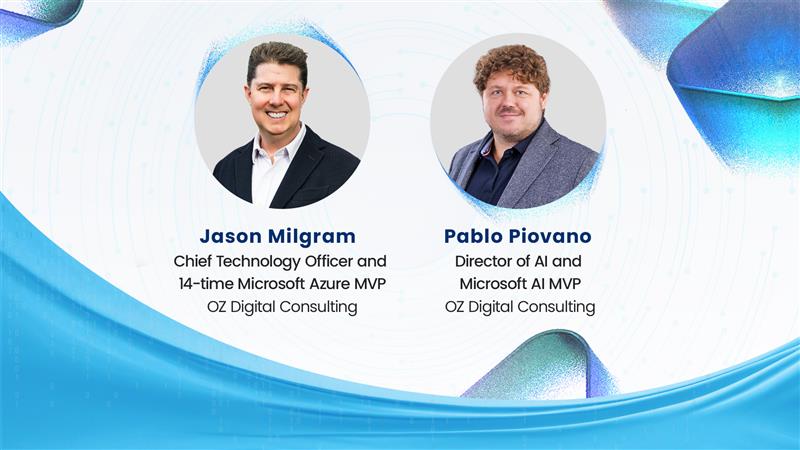Over the last two decades, the rapid growth of the internet and the widespread availability of digital devices has transformed the way we live and interact with the world—and each other—creating a new cultural landscape that is reshaping our society in profound ways.
The rise of this new and omnipresent digital culture has had a profound impact on communication.
Social media platforms such as Facebook, Twitter, and Instagram, for example, have created a new kind of social network—one that is global in scope and built on the exchange of ideas, information, and entertainment, giving rise to new forms of online activism that enable individuals to join forces and affect change on a that defies traditional borders.
Digital culture also profoundly impacts the way we consume media. The internet has made it possible to access an almost limitless supply of information, entertainment, and educational content. From streaming video services such as Netflix and YouTube to music streaming platforms like Spotify and Apple Music, digital culture places the media we love and information we need at our disposal in seconds, establishing new opportunities for content creators and allowing them to reach a global audience and monetize their work in ways that were previously impossible.
However, digital culture is not without its challenges: The sheer volume of information available online can be overwhelming and difficult to sort through. Determining what is credible and accurate is also not always easy. Cybercrime and cyberbullying, which can have serious consequences for individuals and society as a whole, run rampant in certain online quarters.
Still, the benefits of this new cultural landscape are undeniable and cannot be ignored.
Here is how you can quickly and effectively build a space for your enterprise in our brave new digital landscape:
- Embrace technology. To create a digital culture, it is essential to embrace and make use of technology. This includes investing in the latest digital tools and devices, as well as encouraging the use of technology for work and personal activities.
- Foster collaboration. Digital culture values collaboration and teamwork, making it important to create an environment that supports and encourages this. This can include implementing collaboration tools, such as online project management platforms, and encouraging open communication and sharing of ideas.
- Encourage creativity. Digital culture is all about innovation and creativity. Encourage employees to think outside the box, experiment with new ideas and technologies, and take risks. This fosters an environment that is open to change and innovation.
- Provide training and support. To ensure that employees are equipped to thrive in a digital culture, it is important to provide training and support. This includes helping employees develop new skills and offering ongoing training to keep them up to date with the latest technologies.
- Embrace diversity. A digital culture values diversity and inclusivity, which means creating an environment that is welcoming and inclusive for all. This includes hiring a diverse workforce and creating a culture that is inclusive and respectful of all employees.
- Encourage open communication. Digital culture thrives on open communication, which means creating channels for employees to share their ideas, provide feedback, and collaborate with one another.
- Measure success. Finally, it is important to measure the success of your digital culture initiatives. This can include tracking key metrics such as employee engagement, productivity, and innovation, and making changes as necessary to continuously improve.
Much like a city built on a grid, a planned digital culture will be much easier to navigate and utilize—both for the enterprise as a whole as well as individual employees and managers.
Conclusion
Digital culture has had a profound impact on the way we live, communicate, and consume media.
While there are certainly challenges that come with this transformation, the benefits of this new cultural landscape are undeniable. As technology continues to evolve, it will be interesting to see how digital culture continues to shape and influence our world in the years to come.



